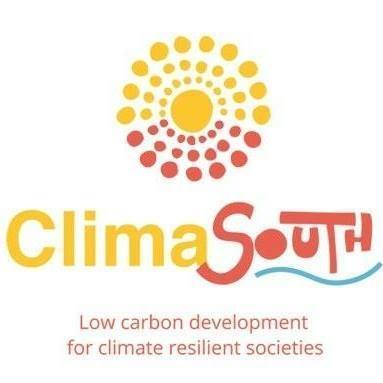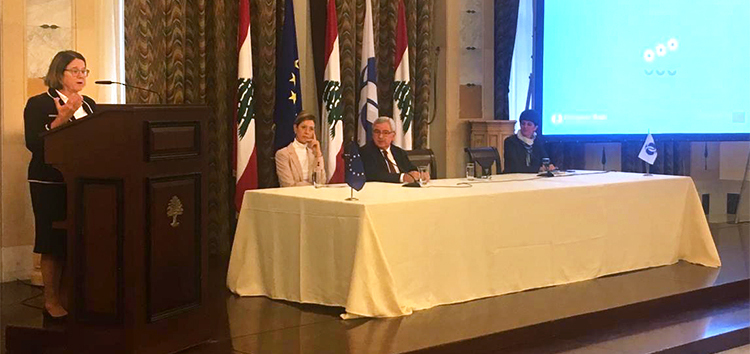Climate action information system introduced to key stakeholders in Lebanon

A high-level session to review the Management and Information System for Climate Action (MISCA), was organized by the Ministry of Environment in Beirut, on 10 January 2018. The system, first unveiled at the Beirut Energy Forum and at a dedicated side event during the COP23, was included in Lebanon’s Second Biennial Update Report to the UNFCCC, as a core component of its strategy to build a domestic Monitoring Reporting & Verification (MRV) framework. MISCA is designed to help line ministries track their own progress in achieving sectoral targets and facilitate the sharing of information. Ultimately, this should enhance the effectiveness and transparency of Lebanon’s MRV efforts. The information system has been collaboratively designed by the Lebanese Ministry of Environment (MoE), the Ministry of Energy and Water (MoEW), and the Lebanese Center for Energy Conservation (LCEC), with support from the EU-funded ClimaSouth project. It is anticipated that during the course of implementation, the partnership will be expanded to other line ministries such as the Ministry of Agriculture and the Ministry of Public Works and Transport.
Opening the session, Samar Malek, Acting Head of Service of Environmental Technology at the Ministry of Environment and UNFCCC Focal Point, stressed the importance of “building bridges” among line ministries engaged in the NDC process to successfully deliver on the Paris goals. The session was fundamental to gather feedback from counterparts on the functionality of the system. It was also an opportunity to strengthen the political buy-in, as concerned ministries are about to formalise a memorandum of understanding that will guide cooperation in using the instrument. Aurore Feghaly, Director General of Directorate of Oil at the Ministry of Energy and Water, voiced the commitment of the MoEW to collaborate with the MoE to improve domestic transparency of climate action.
The ClimaSouth project supports climate action in South Mediterranean countries, assisting with the transition towards low carbon economies and enhanced climate resilience. It was initiated in 2013 and is funded by the European Union. Key stakeholders include technical government departments at operational and policy level, decision makers and civil society representatives.
Read More




























 Syria
Syria 





